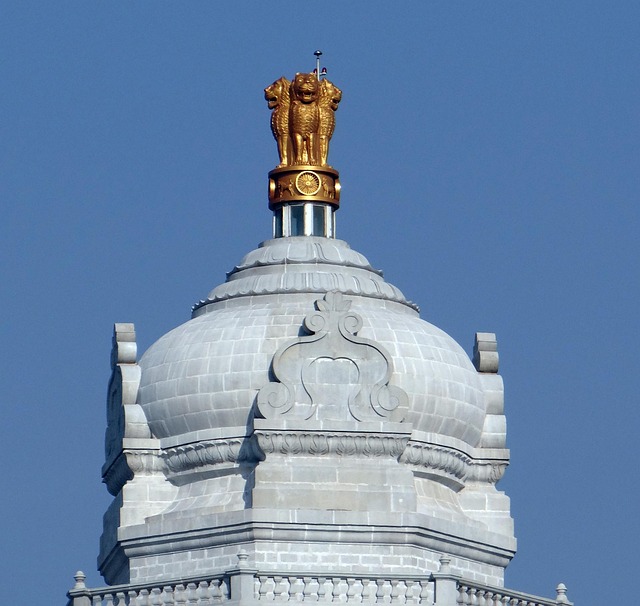Texas Legislature Enacts Landmark DEI Ban

AUSTIN, TX - In a decisive move hailed by conservatives and viewed with concern by progressives, Texas has officially banned Diversity, Equity, and Inclusion (DEI) initiatives within its public colleges and universities. The legislation, signed into law, effectively prohibits the establishment and maintenance of DEI offices, programs, and training activities across state-funded higher education institutions. Supporters argue that the ban promotes fairness and equal opportunity based on merit, while critics fear potential negative impacts on underrepresented groups.
Driving Forces Behind the Ban

Proponents of the ban, largely from the Republican party, have voiced concerns that DEI initiatives can lead to reverse discrimination and ideological conformity. They argue that such programs often prioritize identity politics over individual qualifications and merit. State Senator Brandon Creighton, a key sponsor of the bill, stated, "Our public universities should be focused on academic excellence and preparing students for success, not advancing divisive political agendas."
Impact on Texas Universities
The implementation of the ban requires Texas universities to dismantle existing DEI infrastructure. This includes eliminating DEI-specific positions, restructuring programs, and revising policies to ensure compliance. The immediate effects are already being felt, with institutions across the state reviewing and adjusting their practices. The University of Texas at Austin, for example, has begun to re-evaluate its hiring processes and student support services to align with the new law.
Concerns and Criticisms

Opponents of the ban express concerns that it will hinder efforts to create diverse and inclusive campus environments. They argue that DEI initiatives are crucial for supporting underrepresented students and promoting a more equitable educational experience. Some faculty members have voiced fears that the ban will stifle academic freedom and limit the ability to address issues of social justice within the classroom. "This law undermines our ability to attract and retain talented students and faculty from diverse backgrounds," stated Dr. Emily Carter, a professor at Texas A&M University.
National Implications and Similar Movements
Texas's ban on DEI initiatives reflects a growing national trend of conservative-led efforts to curtail DEI programs in various sectors, including education and government. Similar legislation has been proposed or enacted in other states, signaling a broader debate about the role of DEI in American society. The outcomes in Texas will likely serve as a model or cautionary tale for other states considering similar measures.
Looking Ahead
The long-term effects of the Texas DEI ban remain to be seen. It is anticipated that legal challenges may arise, and the implementation of the law will continue to evolve as universities adapt to the new regulatory landscape. The debate over the merits and drawbacks of DEI initiatives is likely to persist, shaping the future of higher education in Texas and beyond.